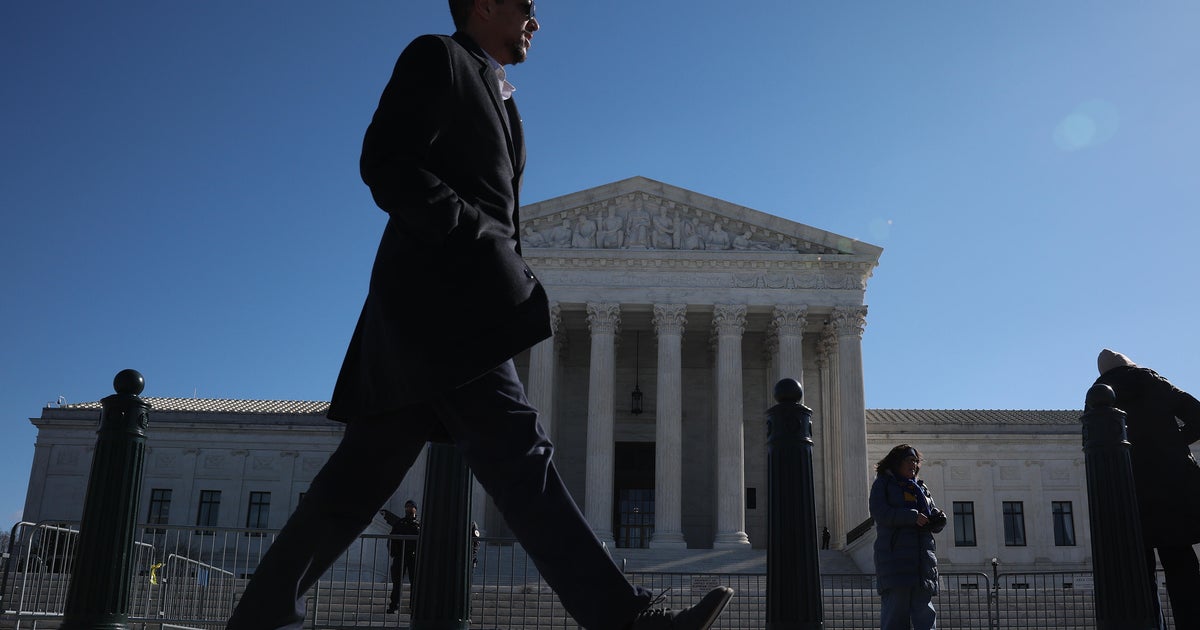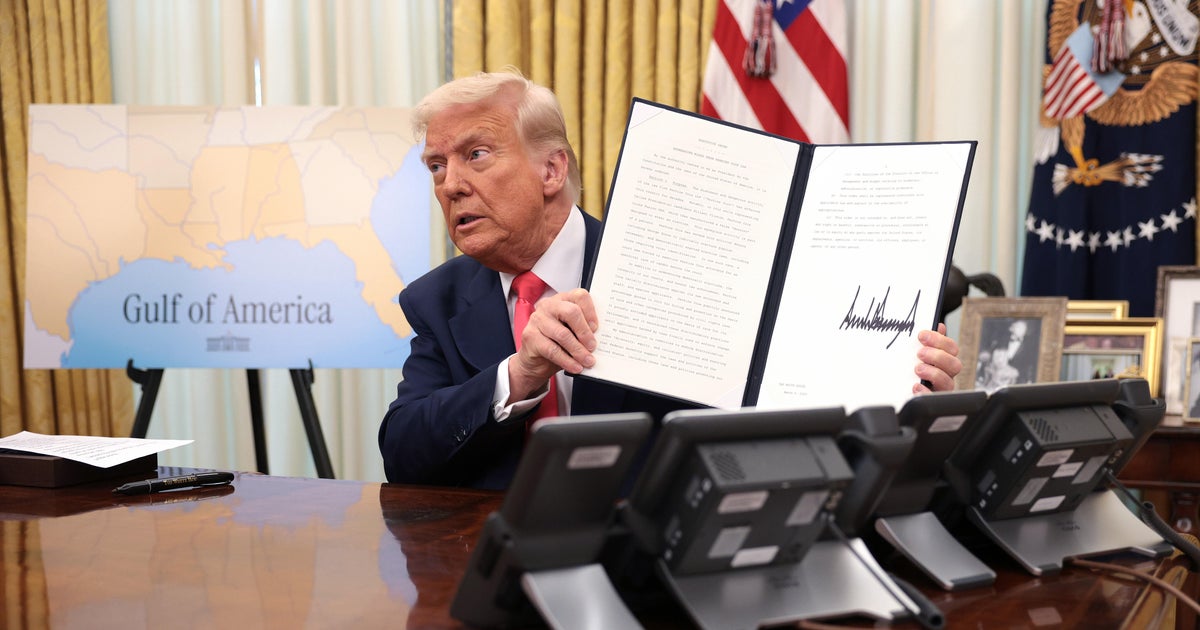Justice Stephen Breyer warns Supreme Court expansion could erode public trust
Washington — Supreme Court Justice Stephen Breyer on Tuesday cautioned against adding seats to the nation's highest court, as some liberal activists are urging to weaken the power of its conservative majority, with Breyer warning that doing so could erode the public's trust in the institution.
In remarks delivered remotely to Harvard Law School for its annual Scalia Lecture, Breyer, one of the Supreme Court's three liberal justices, said his speech aimed to "make those whose initial instincts may favor important structural change or other similar institutional changes, such as forms of court-packing, think long and hard before they embody those changes in law."
Breyer said the Supreme Court's authority rests on "a trust that the court is guided by legal principle, not politics" and warned that "structural alteration motivated by the perception of political influence can only feed that perception, further eroding that trust."
"If the public sees judges as politicians in robes, its confidence in the courts, and in the rule of law itself, can only diminish, diminishing the court's power, including its power to act as a 'check' on other branches," he said.
Progressive groups and some Democrats have been advocating for expanding the Supreme Court as a way of diluting its 6-3 conservative majority. Calls for more seats to be added to the high court amplified during former President Donald Trump's tenure, as he named three justices to the bench, shifting it ideologically to the right.
President Biden said in October he is "not a fan" of growing the Supreme Court beyond its nine members and vowed to create a commission to issue recommendations on how to reform the court system. Details of the commission, however, have been scant.
While the Supreme Court boasts a conservative majority, Breyer pushed back on the characterization of it as a "conservative" court, pointing to the justices' refusal to wade into legal disputes over the results of the 2020 presidential election. Mr. Trump has lambasted the Supreme Court for refusing to deliver him a second term in office, claiming the justices were "gutless, and will go down in history as such."
"The court's decision in the 2000 presidential election case, Bush v. Gore, is often referred to as an example of its favoritism of conservative causes," he said. "But the court did not hear or decide cases that affected the political disagreements arising out of the later 2020 election."
He also cited the 2012 ruling upholding the Affordable Care Act, the health care law championed by Democrats, as well as other recent decisions involving politically fraught issues.
"It did re-affirm precedents that favored a woman's right to an abortion," Breyer said. "It did find unlawful certain immigration, census, and other orders, rules, or regulations, favored by a conservative president."
But Breyer also acknowledged the Supreme Court issued other rulings "that can reasonably be understood as favoring conservative policies and disfavoring liberal policies. These considerations convince me that it is wrong to think of the court as just another political institution and it is doubly wrong to think of its members as junior-league politicians."
Judicial philosophy, he said, "is not a code word for politics."
Breyer pushed back on the habit of the press to label justices as "conservative" or "liberal," and link the court members to the president who appointed them, as well as the politicization of the Senate's confirmation process for Supreme Court nominees.
These practices, Breyer said, "reinforce the thought that is likely present already in your minds that Supreme Court justices are primarily political officials, or let's call them junior league politicians, rather than jurists."
At 82 years old, Breyer is the oldest and most senior member of the Supreme Court's shrunken liberal wing. Nominated by former President Bill Clinton in 1994, he is facing growing pressure to resign his seat on the high court to allow Mr. Biden to name a successor.
The president has promised to nominate the first Black woman to the Supreme Court should a vacancy arise, and Democrats currently have a razor-thin majority in the Senate, with Vice President Kamala Harris casting tie-breaking votes.



